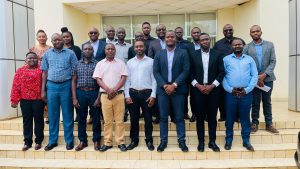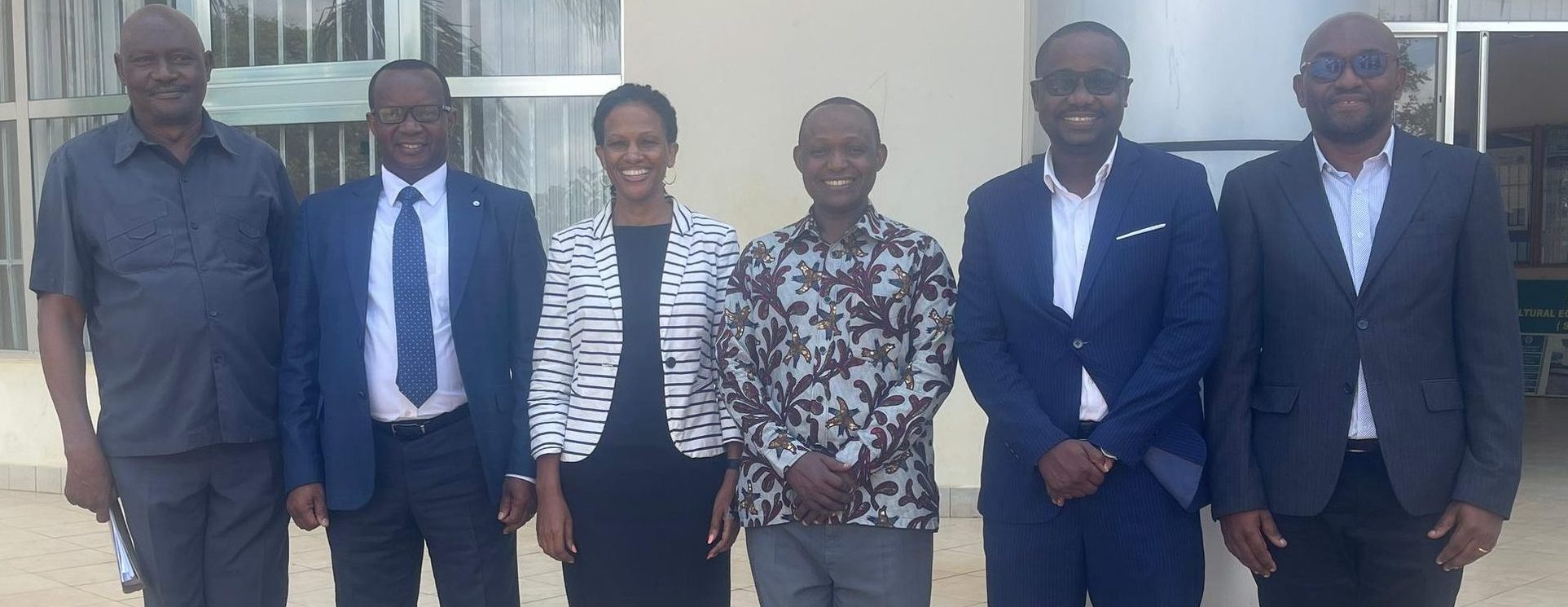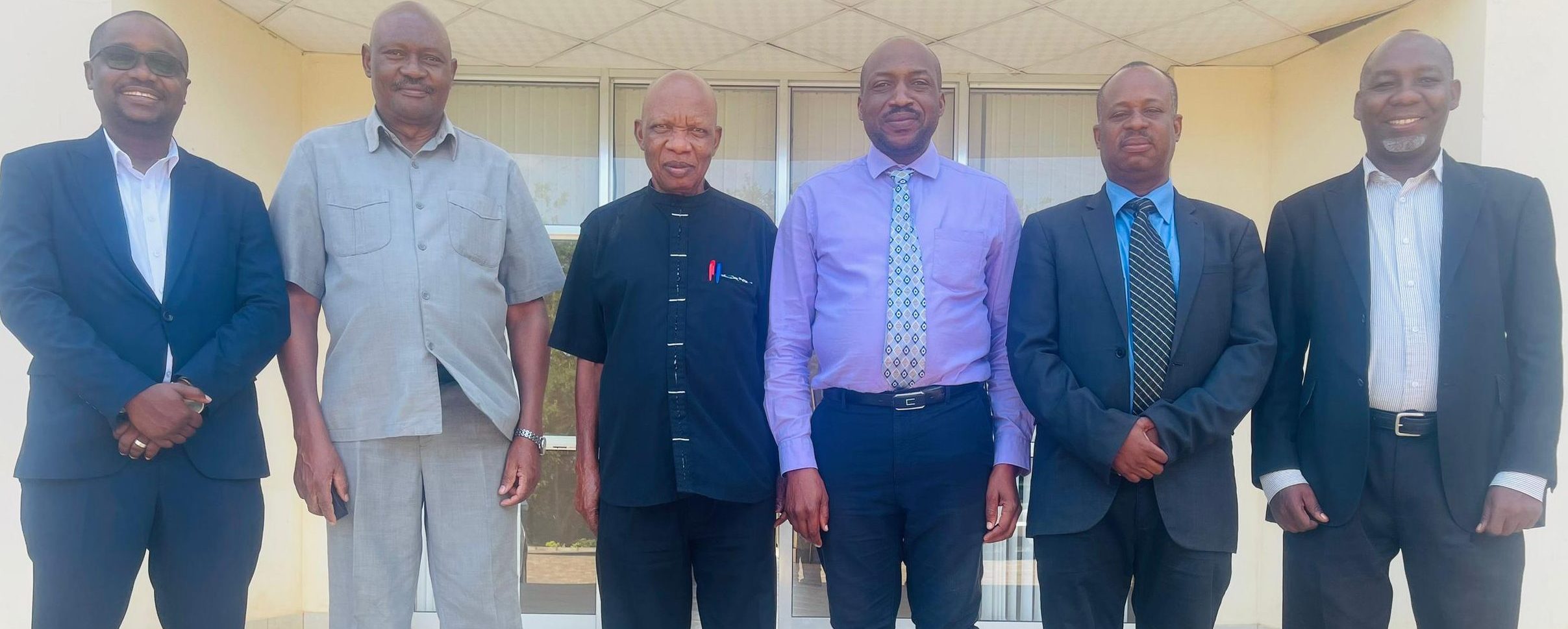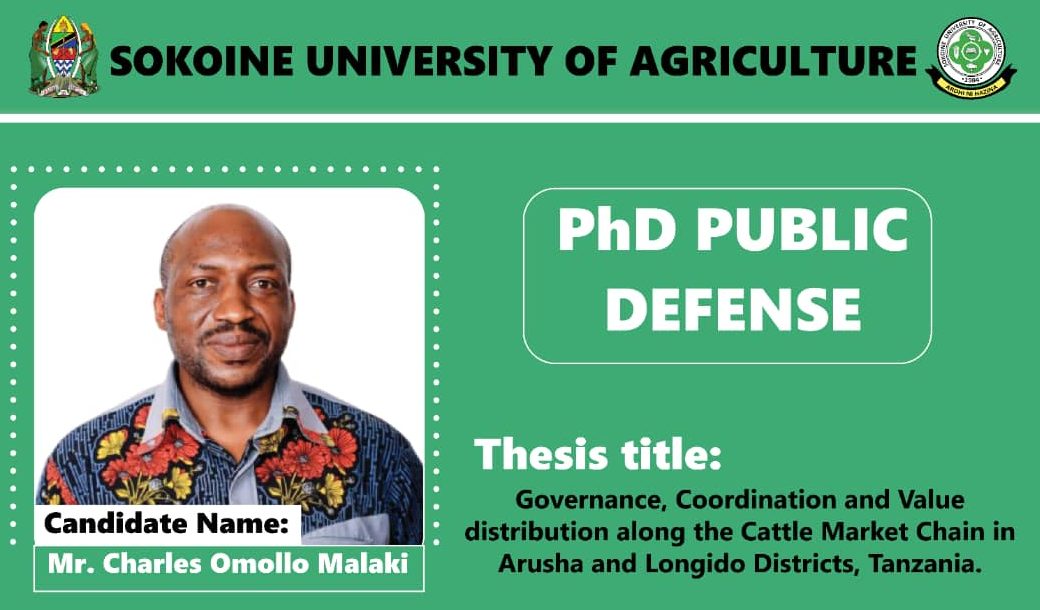As part of implementing the HEET Project aimed at enhancing curricula at Sokoine University of Agriculture, the College of Economics and Business Studies (CoEBS) convened its first meeting with external stakeholders on December 11, 2023, at the CoEBS building. The primary objective of this gathering was to obtain feedback from stakeholders concerning the courses within the curriculum, learning outcomes, skills, and competences. The intention was to aid the curriculum committees in the college by obtaining tangible recommendations, constructive criticism, and advice before finalizing the curricula for use.

The attendees were diversified in terms of occupations – from both the public and private sector, gender and age groups. The meeting commenced at 08:30 and ended at 15:00.
During the session, four departments from the college had the opportunity to present and discuss their respective curricula programs with the stakeholders:
- Department of Business Management
- Bachelor of Agricultural Investment and Banking (BAIB)
- Master of Business Administration (Management)
- Master of Business Administration (Finance and Accounting)
- Department of Accounting and Finance
- Bachelor of Accounting and Finance (BAF)
- Department of Trade and Investment
- Master of International Trade and Economic Development
- Department of Agricultural Economics and Agribusiness
- Bachelor of Science in Agricultural Economics and Agribusiness
- Master in Agricultural and Applied Economics
- Master of Business Administration – Agribusiness
- PhD in Agribusiness
The stakeholders’ discussions yielded several recommendations regarding the presented curricula:
- Elimination of course repetition: Similar courses should merge to create room for the introduction of new courses.
- Emphasis on communication skills: Embedding communication skills within courses to enhance students’ abilities to continual improvement.
- Inclusion of accounting-related software in the curricula in order to give students practical knowledge of relevant software for accounting-related tasks.
- Adherence to TCU guidelines without compromising program quality.
- Encouragement for guest lectures from industry experts to provide practical insights related to different courses.
- Recommendation for industry attachments to offer students practical experience aligned with what they have studied in the class.
- Incorporation of contents related to geopolitics and contemporary issues to enhance students’ understanding of broader social and economic issues.
- Development of curricula should also target to empower students to employ themselves and this is important measure to reduce unemployment problem.
- Conducting gap analysis between old and new curricula to ensure the new curriculum addresses emerging challenges and meets learning outcomes effectively.




